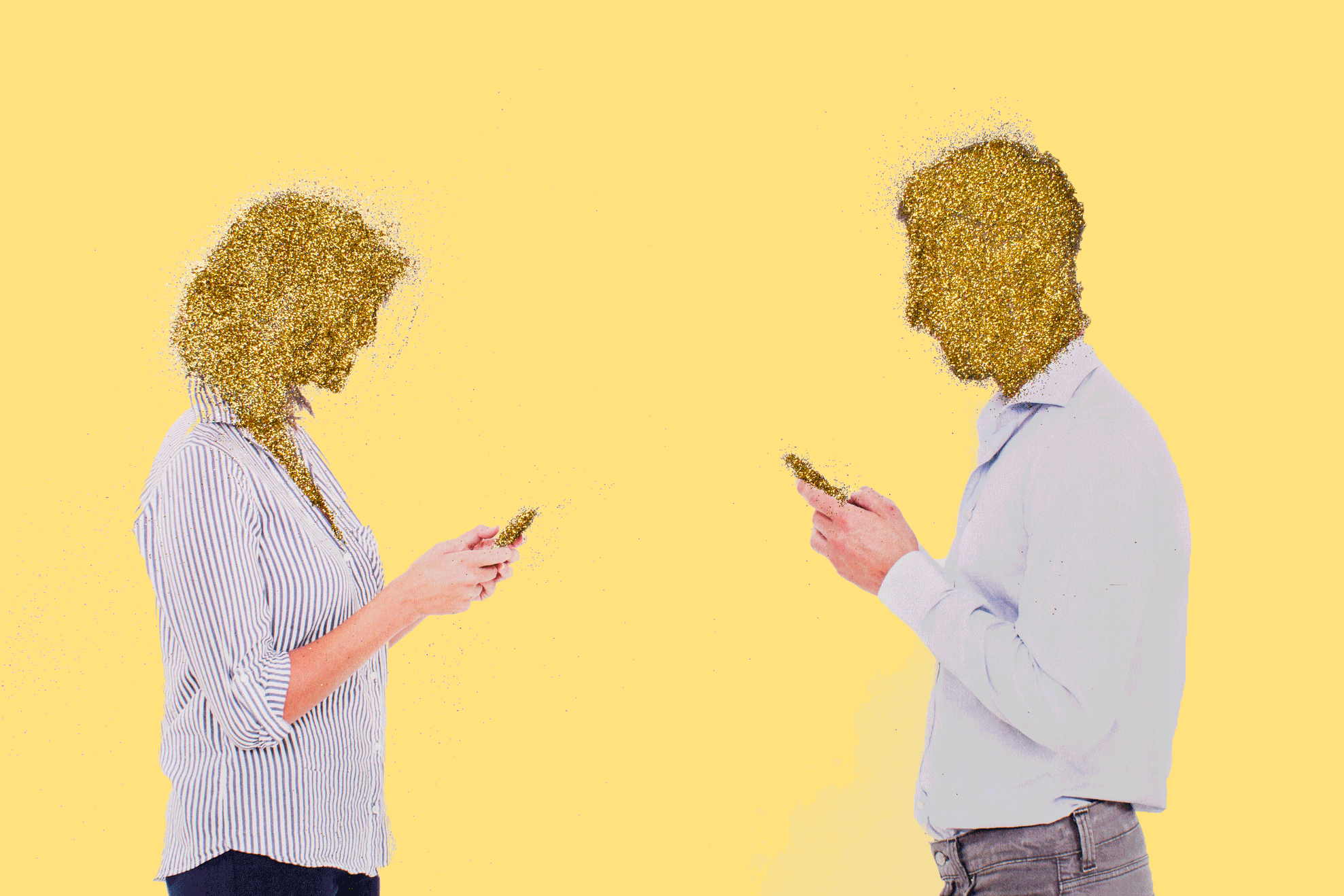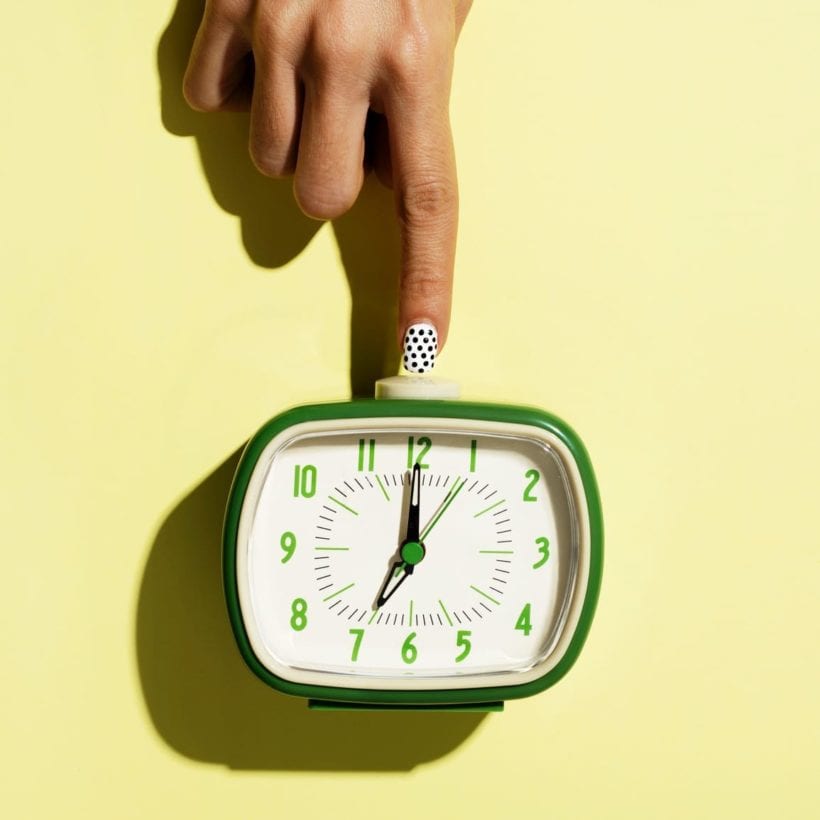Maybe you’re telling your friend a story when they start looking at their phone, or your partner tells you that they are listening to what you’re saying, but at the same time, they’re watching Instagram Reels. This behavior is so ubiquitous that the idea of ignoring someone you’re with while looking at your phone actually has a name: Phubbing, a portmanteau of the words “phone” and “snubbing.”
And it makes sense: our phones have a lot to offer. They provide endless streams of entertainment, access to our work, and communication with friends and family. But what happens when you start ignoring the friends and family you’re actually with in favor of whatever’s on your phone? Well, it turns out it can be pretty damaging to a relationship.
Is being on my phone damaging my relationship?
One 2015 study out of Baylor University looked into pphubbing (the double P stands for ‘partner phone snubbing’) and found that 46.3 percent of the respondents reported being phubbed by their partner, and 22.6 percent said this behavior caused conflict in their relationships. I can’t say for sure, but I would guess that these numbers have steadily increased as smartphone use has only gotten more prominent in the years since the study.
Phubbing, a portmanteau of the words “phone” and “snubbing.”
When thinking about this article, I asked my husband whether he thought he or I spent more time looking at their phone in front of the other. Unsurprisingly, we both thought the other person did, and so we settled on superlatives. Most likely to lose their train of thought while looking at a text? Me. More likely to answer a Slack message while we’re talking or look at their phone while watching TV together? (Definitely) him.
When, as in our case, these minute transgressions go both ways, it may not seem like a big deal, but even small slights can have consequences. Another study published in Computers of Human Behavior found that “the concept of ‘phubbing’… appears to have negative consequences for communication between partners, detrimentally affecting relationship satisfaction and feelings of personal wellbeing,” which helps to explain why your partner checking a score in the middle of a conversation or scrolling through their phone before bed can feel so bad. It can also lead the person who’s been phubbed to take out their phone rather than express how they feel.

“People have different love languages, and ‘Quality Time’ is one of them. Spending time with a partner and having most of their attention might be how a person feels and expresses love,” Phebe Brako-Owusu, licensed marriage and family therapist (LMFT), tells me. “So if they find their partner spending more time on the phone than with them, they might not feel that their love needs are being met. They might not feel like a priority.”
In more extreme cases, feeling like a partner favors their phone can even bring up feelings of doubt or jealousy. “Perhaps a past experience where a partner was talking to others or engaging in activities that didn’t include them might spark some feelings of insecurity within the person,” Brako-Owusu says.
Feeling phubbed can, of course, happen in non-romantic relationships like friendships or parent-child, too.
“It’s hard for a parent to be fully present with their kids when they’re always on the phone,” Brako-Owusu says. “Childhood moments pass very quickly, so it’s easy to miss those times if your attention is on your phone. Kids pick things up very easily, including habits and behaviors. Sooner or later, a parent will be indirectly teaching their kid that it’s okay to be on the phone and ignore others, promoting [this] behavior in the kids.”
How can you stop phubbing your partner?
When you consider the fact that Americans check their phones 262 times per day, on average, according to data on phone use from Reviews (that’s about once every five and a half minutes if we never slept), the chances for phubbing your partner or being phubbed are extremely high; especially when coming off a year of, for some couples, being together near-constantly.
“If your partner complains about it, your time on your phone is likely a problem. Even if it doesn’t seem like it to you, it’s something that’s worth respecting and prioritizing in your relationship,” Brako-Owusu says. Phone behavior that would not be classified as “addiction” can still be damaging.
So what can you do? Brako-Owusu suggests the following (in her own words):
- Set a time limit. Technology can be used to deal with technology. Time limits can also be set to where your phone gets a downtime in the evenings, so that time can be used to connect with those around you.
- Have phone-free zones in your home. You can delegate a nightstand spot to your phone and place it there when you get home, so you are not tempted to scroll so much because it’s accessible.
- Remember that things can wait. That email can wait. Moments with those we love cannot always wait. Time is precious in many ways, especially when being emotionally and mentally present in our home with our families/partners.
And remember, if you feel like your partner’s phone use is causing an issue absolutely, say something as they may not be aware that the behavior is hurting you. But be prepared to look at your own phone use too.







